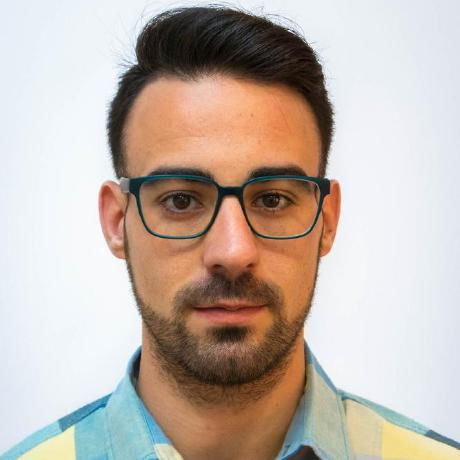Project Jupyter is a non-profit, open-source project, born out of the IPython Project in 2014 as it evolved to support interactive data science and scientific computing across all programming languages. Jupyter will always be 100% open-source software, free for all to use and released under the liberal terms of the modified BSD license.
Jupyter is developed in the open on GitHub, through the consensus of the Jupyter community. For more information on our governance, please see our governance documentation.
All online and in-person interactions and communications directly related to the project are covered by the Jupyter Code of Conduct. This Code of Conduct sets expectations to enable a diverse community of users and contributors to participate in the project with respect and safety.
Executive Council Members
The Executive Council (EC) is ultimately responsible for all dimensions of the Project (including, but not limited to, software, legal, financial, community, operations, inclusion and diversity, etc.). The members of the EC actively work to carry out the Project’s mission in accordance with its values and to support operations through delegation to the Software Steering Council (SSC), Software Subprojects, Standing Committees, and Working Groups. These other bodies will report to the EC, and the EC is expected to support, oversee, manage, and ensure the success of operations across Jupyter.
Software Steering Council Members
The Jupyter Software Steering Council (SSC) has jurisdiction over software-related decisions across Project Jupyter, with a primary focus on coordination across projects and decisions that have impact across many Jupyter Subprojects. It is also a mechanism for representatives of each project to share information and expertise. Technical decisions and processes where the SSC isn’t explicitly involved are automatically delegated to the individual projects to manage their day-to-day activities, create new repositories in their orgs, etc., with independence and autonomy.



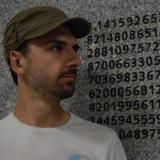


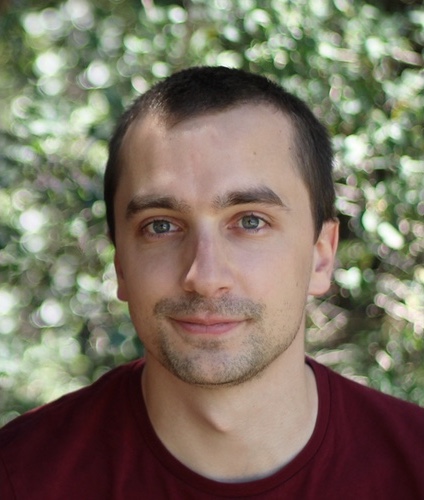



Distinguished Contributors
Project Jupyter Distinguished Contributors are a group of Jupyter community members that have gone above-and-beyond in their support of the project over the years, making substantial and sustained contributions in any area of activity (software development, governance, community engagement, events, etc.). The Jupyter community confers membership in this group as a way of recognizing their effort and saying "thank you."
2022 Cohort
2021 Cohort










2020 Cohort

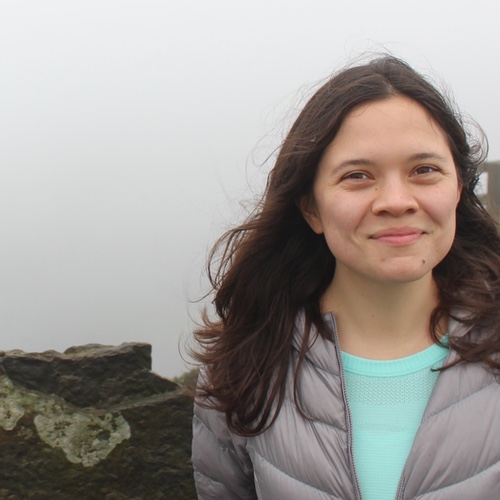

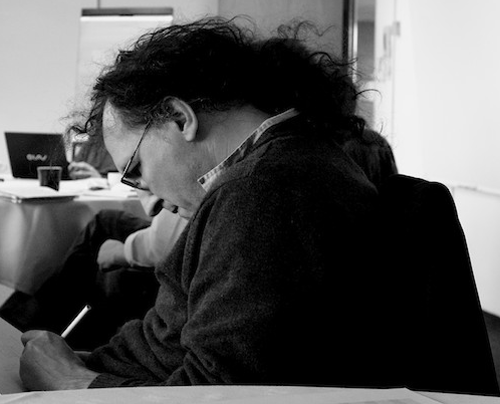





Special Election Cohort




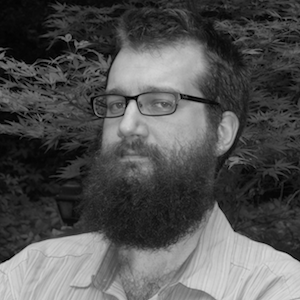




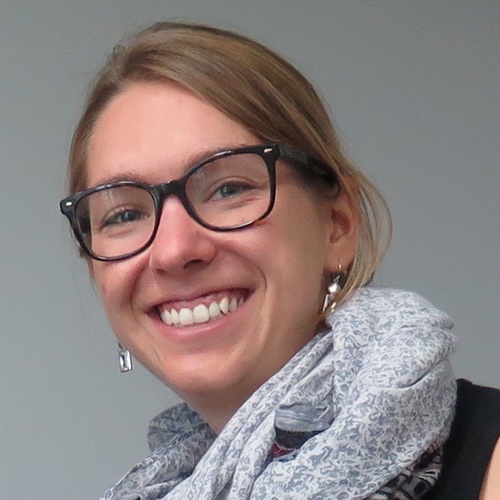




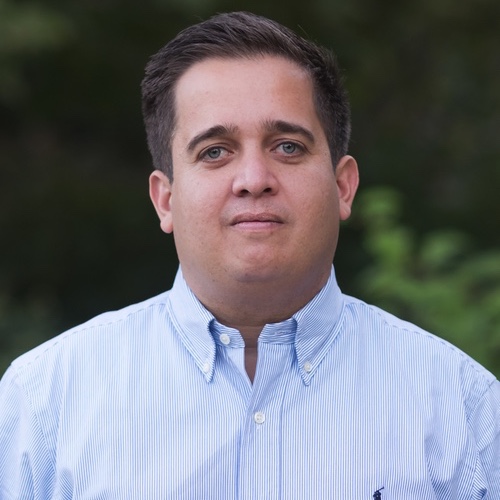

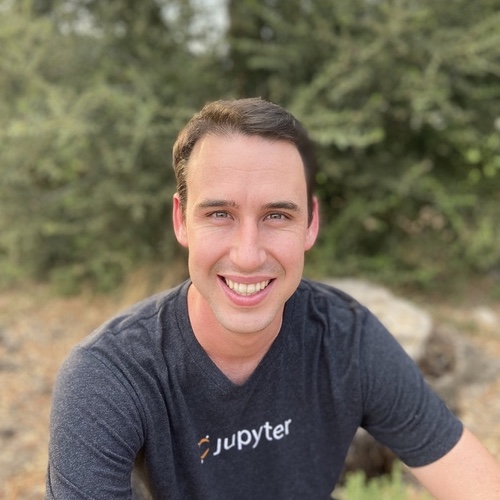
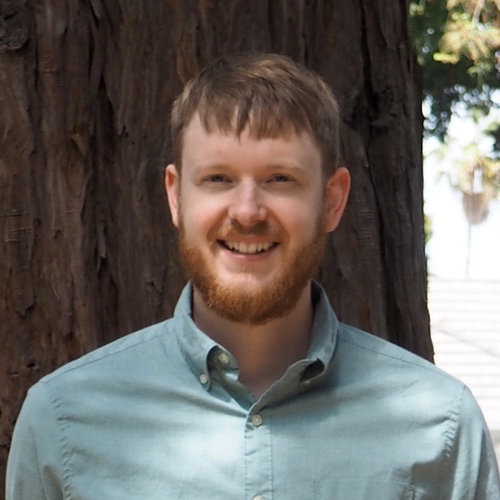


Inaugural Cohort (Former Steering Council Members)
Trademark Subcommittee Members
Donate
Jupyter will always be 100% open source software, free for all to use and released under the liberal terms of the modified BSD license. If you have found Project Jupyter to be useful in your work, research or company, please consider making a donation to the project commensurate with your resources.
All donations will be used strictly to fund the development of Project Jupyter's open source software, documentation and community. Our donations are managed by the NumFOCUS Foundation, which is the legal and fiscal umbrella for the project.
NumFOCUS is a 501(c)3 non-profit foundation; if you are subject to US Tax law, your contributions will be tax-deductible.







